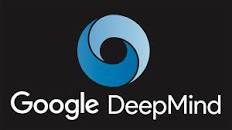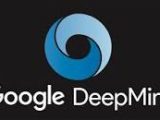
Google swallows DeepMind Health
20. September 2019Google swallows DeepMind Health
London, 20.9.2019
Ten months later than announced, London-based AI pioneer DeepMind will transfer its healthcare business to its parent company Google.
Google explained that the transfer to its global health department would give DeepMind’s Streams App, which helps doctors and nurses monitor patients with severe kidney disease, the resources they need to expand internationally.
The Streams app had caused a stir when it became known that it had used the data of about 1.6 million patients without permission. The Information Commissioner’s Office (ICO) ruled that the hospital involved in the research – the Royal Free in London – had not done enough to protect patients‘ privacy.
As early as 2016, DeepMind’s co-founder Mustafa Suleyman had promised: „DeepMind works autonomously from Google, and we made it clear from the outset that patient records are never linked or associated with Google accounts, products or services.
The acquisition puts an end to autonomy and, according to the BBC, Google must renegotiate contracts with the NHS hospitals involved in DeepMind’s research. Another consequence is that the independent ethics panel that supervised this research will no longer exist.
DeepMind cooperated with Moorfields Eye Hospital, where it worked to use machine learning to evaluate eye scans with high accuracy, and London University College Hospital, where its technology was tested in planning radiotherapy for patients with head and neck cancer.
Now Google says that after long discussions these and other NHS hospitals have decided to continue their collaboration. But a partner, Yeovil District Hospital, which signed a five-year contract with DeepMind in 2017, decided not to transfer this deal to Google.
It is unclear where DeepMind co-founder Mustafa Suleyman has gone. Allegedly, he took a long vacation. But the health department was his baby, and with all the high-profile work involved in mastering games like Go and Chess, it was the most practical demonstration of how AI technology could change the world. In his statement, he made it clear that he was „incredibly proud to reflect on the team’s journey and achievements over the past three years, and I have no doubt that their positive impact will only increase if they work with Google Health“. He added, „He can’t wait to see what comes next and looks forward to working with the team as „advisors and supporters“.
However, some insiders doubt that he will have much impact on Google’s health research when he returns from his extended break later this year.


